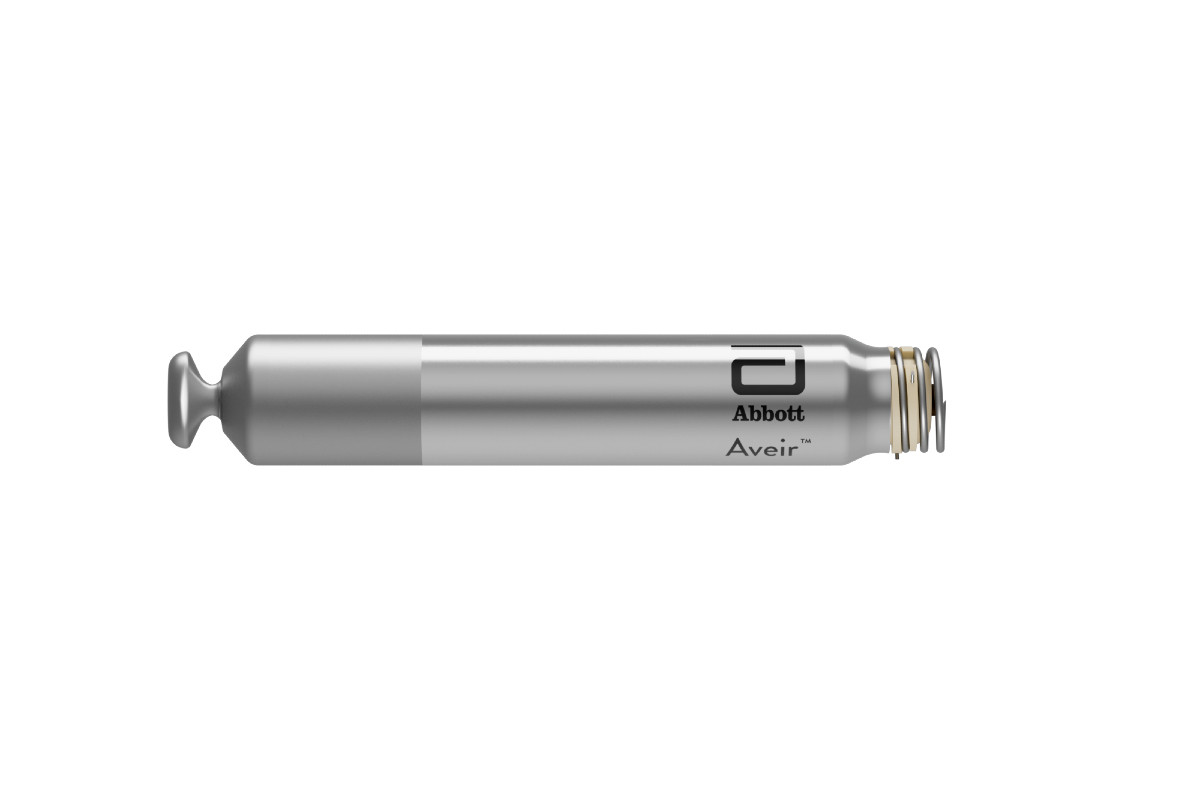The new scheme provides almost £2m in targeted funding to help 300 GP practices reach out to those most at risk and give patients the best chance of being diagnosed earlier.
Local GP practices will carry out searches of patient records as part of a three-year pilot using their GP IT systems to identify patients over 60 who have the key early warning signs of pancreatic cancer, including being recently diagnosed with diabetes and sudden weight loss.
Even if a patient's weight is not recorded, GP teams will reach out to patients to check they have not unexpectedly lost weight and offer them tests if they have new onset diabetes.
Family doctors taking part in the pilot will then contact patients and send them for urgent blood tests and CT scans to rule out cancer.
Dozens of GP practices will begin rolling out the initiative, which will test whether dedicated routine searches of patient records can lead to earlier diagnosis of the devastating disease and better outcomes, with the rest up and running in the autumn.
Professor Peter Johnson, NHS national clinical director for cancer, said: ‘Pancreatic cancer is responsible for so many deaths because patients don't usually notice symptoms until the cancer is at an advanced stage, which is why we need to find new ways to pick it up.
‘Through initiatives like this and the upcoming 10 Year Health Plan the NHS is determined to go a step further – not just treat people at an advanced stage but to go out into communities and seek people out who might be unwell without any symptoms so we can provide people with the most effective treatment.
‘The NHS is seeing and treating more people with cancer than ever, and early diagnosis is key to ensure patients have the best chance of receiving effective treatment.
‘If your GP practice identifies you as at risk of pancreatic cancer, I urge you to come forward for testing as soon as possible.'
The latest NHS statistics show that more than 200,000 people were diagnosed or given the all clear for cancer in April within 28-days – a key target - 11,500 more than the previous year (197,882).
Health minister, Karin Smyth, said: ‘This targeted approach to identify people at risk of one of the most lethal cancers could give more people a fighting chance and spare the heartbreak of countless families.
'Through our Plan for Change, we are utilising the latest technology and techniques to improve cancer outcomes and transform care to give more families hope in the face of this devastating disease.'



